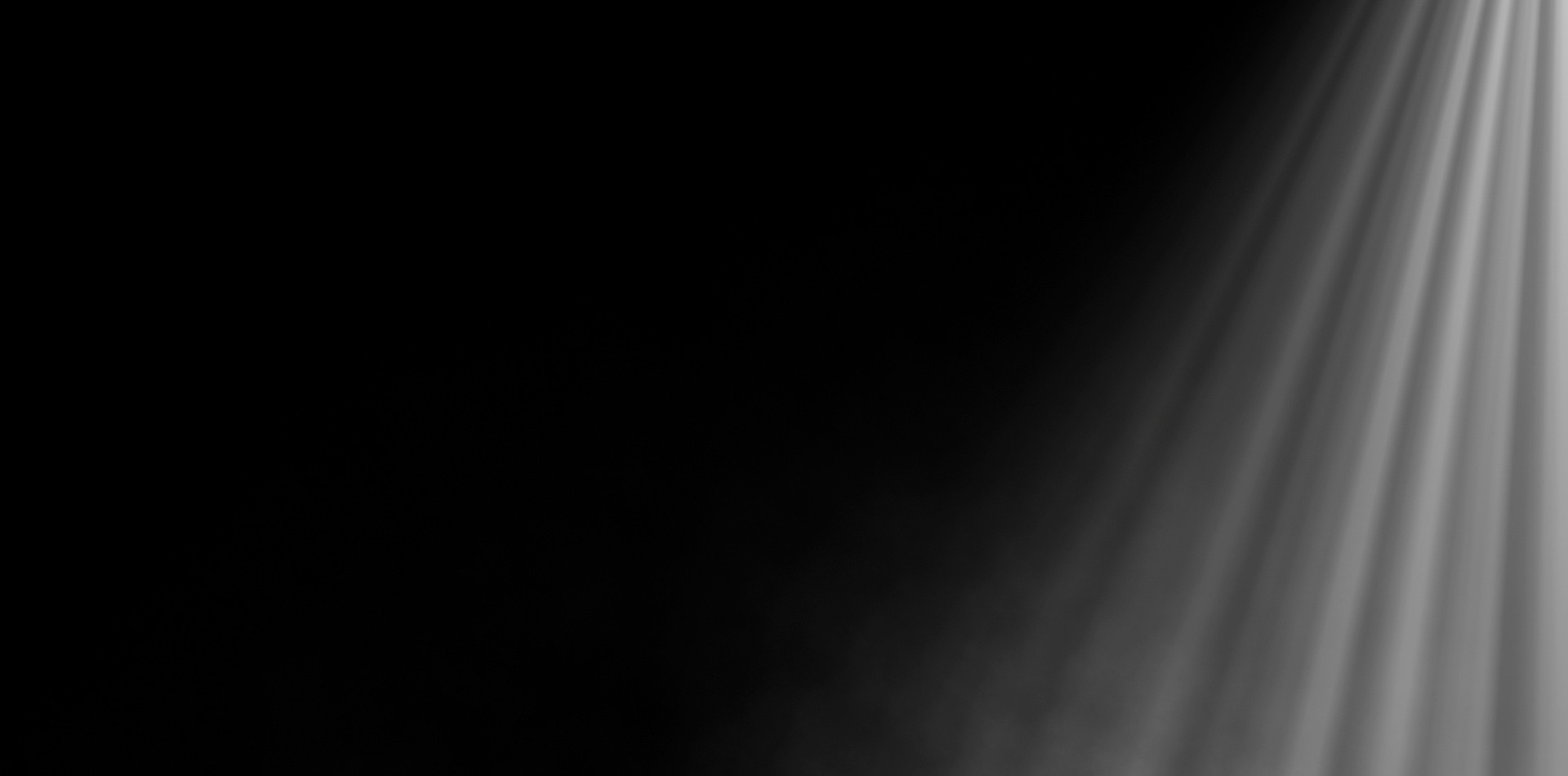The Taipei Fine Arts Museum (TFAM) is pleased to announce the selection of Yuan Goang-ming as the sole artist representing Taiwan with an exhibition to be curated by Abby Chen in Venice, 2024.
A panel, with representatives including independent curators, art critics, and experts from diverse background and different generations, remarks: “During nearly forty-year career of Yuan Goang-ming, he has fully embodied a relentless exploration of new media art. A refined and poetic visual language is woven with metaphors throughout his artworks, which has not only reflected Taiwanese people’s common awareness of existence, but has also demonstrated a universality that transcends regional differences. In the post-pandemic times, it is deeply meaningful to showcase such an artist in Venice, whose work has profoundly portrayed changes that Taiwan has undergone.”
Yuan Goang-ming states: “it is indeed an honor to be able to represent Taiwan. The exhibition will focus on ‘politics of cartography,’ ‘wars in everyday life,’ and ‘the everyday in wars,’ questioning about issues of dwelling in relation to the contemporary living situations. I would also like to thank all the nomination committee members, Director Jun-Jieh Wang of the TFAM, and the curator Abby Chen for this opportunity.”
Born in 1965, Yuan received his master’s degree in media art from the now Karlsruhe University of Arts and Design (Staatliche Hochschule für Gestaltung, Karlsruhe, Germany) in 1997. He is now Professor at the Department of New Media Art, Taipei National University of the Arts. His digital photography series City Disqualified, and kinetic light installation Human Disqualified were showcased in the group exhibition curated for Taiwan’s collateral event at the 50th Venice Biennale. His other major solo and group exhibitions include Before Memory (2011), An Uncanny Tomorrow (2014), Memories through Cycle (Art Tower Mito, Ibaraki, Japan; 2016), Tomorrowland (Hayward Gallery, London, UK; 2018), etc. He has also been featured in Taipei Biennial, Gwangju Biennial, Singapore Biennial, Liverpool Biennial, and other major international exhibitions.
Yuan’s early conceptual video installations, for example, The Reason for Insomnia (1998), draw inspiration from his own experiences. Since 2001, he has expanded his vision from personal life to portraying the conditions of cities and globalization. In the series City Disqualified, he creates collages of a deserted world with all parts of the images without cars and people to create an impeccable photograph; and in Disappearing Landscape (2007), a new form of moving images posited between video art and film is created with a micro-biographical approach, allowing the audience to gaze into the unease lurking in everyday life. Dwelling (2014) further questions how dwelling can be possible in relation to the living situations of the present world. His recent works, such as Towards Darkness and Towards Lightness, are integrated within an immersive exhibition, prompting the audience to reflect on perception and the existential nature of images.
Abby Chen, who has delved into the field of Asian contemporary art for years, is invited to curate the exhibition for Taiwan. Chen holds an MA in Visual and Critical Studies from California College of the Arts, and is now Head of Contemporary Art and Senior Associate Curator at the Asian Art Museum in San Francisco. Previously, she was Curator and Artistic Director at the Chinese Culture Foundation and Center of San Francisco. In 2008, she initiated the “XianRui/Fresharp” Artist Excellence Series, which is the first of its kind that provides long-term support for artists of Chinese descent in the United States. Chen’s experiences in the international art community will surely provide Taiwan with a contemporary approach to initiate dialogues, as well as multi-dimensional cultural exchanges with the art world.
Chen has worked with Yuan in After Hope: Videos of Resistance presented by the Asian Art Museum in San Francisco. Regarding their second collaboration, Chen states that: “I am deeply touched by the story Yuan Goang-ming told about the song his father sang and his subsequent realization of its meaning later in life. We come to understand mysteries in our childhood only with time. By reliving aspects of time our parents lived, we come to know history not just as a mere chronology but also as real as a smell in the air. We are living through history today. What seemed unthinkable a decade ago has become not only conceivable but also a tangible reality. Our collaboration will delve into the realms of intimate anxiety and hope. Yuan will bring new commissioned works to Venice. We will explore time as a changing habitat, normalcy as a form of resistance, in another year of great uncertainty and division.”

